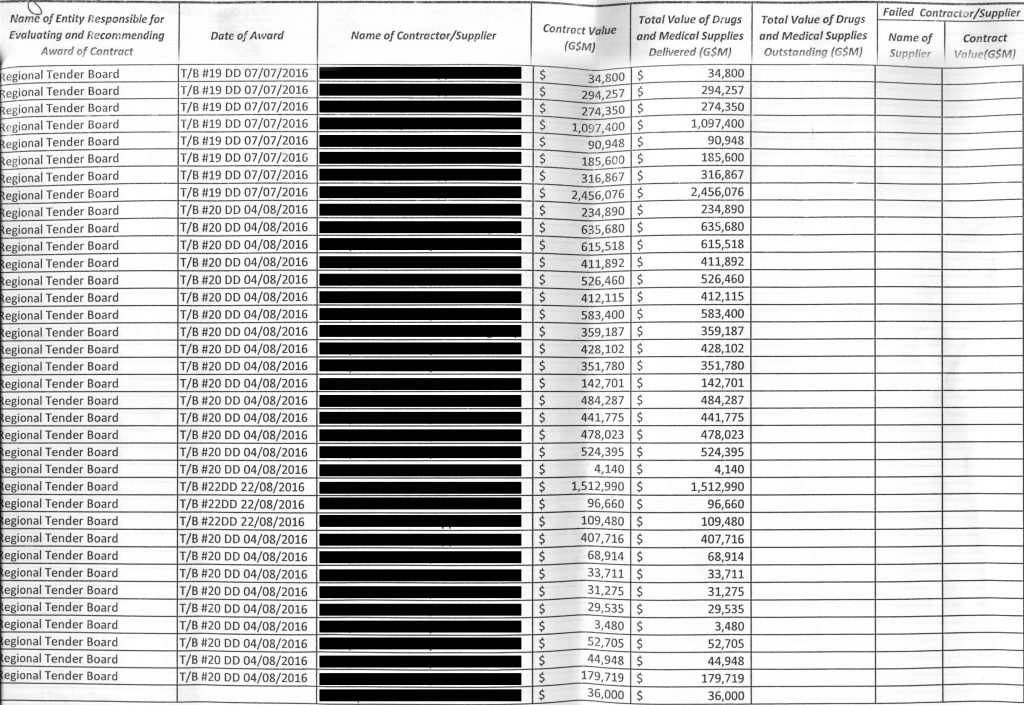These crooks in office have found a backdoor to bypass the bidding process. No wonder Ansa donate arch as kickback for sole sourced contract.
Government has been disingenuously cheating the bidding system, this time by splitting pharmaceuticals contracts below the stipulated limit to bypass the transparent process of public tendering in order to award contracts to favoured suppliers.
Replies sorted oldest to newest
I have advocated splitting the contracts for efficiency and diversifying the supplier pool. The US government does it and it allows each department to run efficiently. In engineering they call it subsidia. Each system knows best what it needs and can develop its needs list to pass up the chain and these can be let as is. An auditor also gets greater ability to track down sources of corruption.
There is no efficiency gained here as the contracts are sole sourced and vulnerable to corrupt practices. In fact the loss of efficiency of getting a discount based on cumulative volumes has caused prices to doubled. Clearly a ploy to reward friends and family. No wonder the country have drug shortages as monies that used to saved in buying in bulk is now stretched to favor party supporters.
It is so nice to finally see one compare Guyana to the USA. Guyana has the same checks and balance. Brilliant, great analysis!!!!!!!!!

